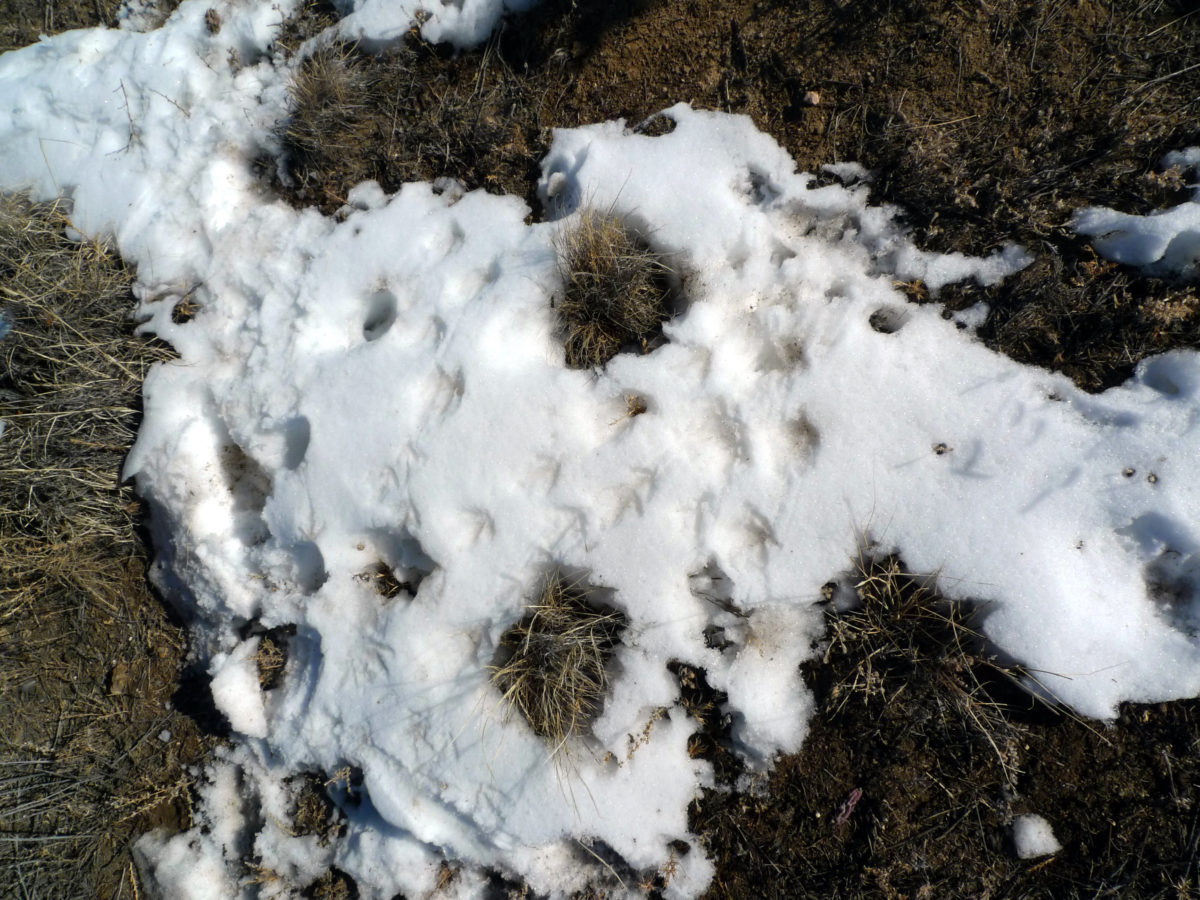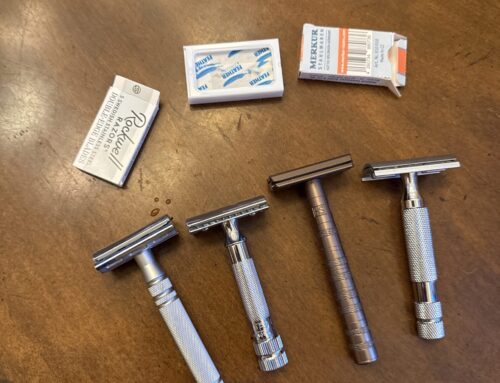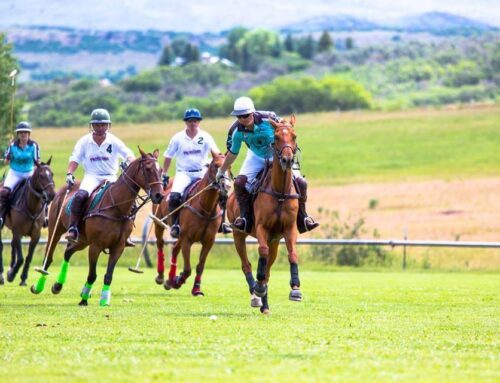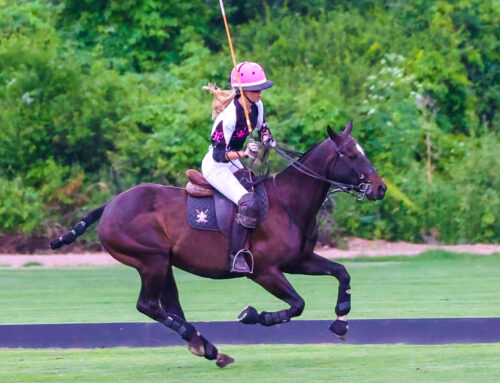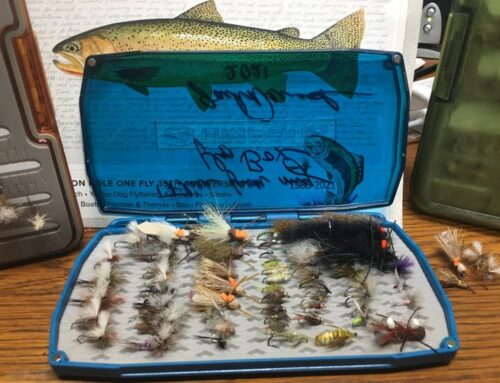My father was an expert woodsman, spending a lot of time, hunting, fishing, cutting wood, and exploring. He frequently took me out and tried to get me lost in the woods. When he was thoroughly sure I was lost, he’d say close your eyes, and he’d spin me around 2 1/2 to 3 1/2 times just to be sure I wasn’t pointed in the same direction when I opened my eyes. Then he’d say, great, find your way back to the car or the house. It was a game for him, as he knew how to navigate by stars and the sun in the sky, also using other way points, looking for tracks, all without a compass and long before GPS. I learned and, truth be told, I got pretty damn good at it.
Then I got schooled on “situational awareness,” which then was also taught to me by military servicemen and professional officials in various camps. They had you memorize everything in a classroom, what the teacher was wearing, whether he had jewelry on, what brands, what was in the bathroom including how many stalls or sinks, what the billboards on the drive in to the class, what vehicles you saw, everything. I got pretty damned good at that too.
I think that in my life I’ve also overestimated the value of not getting lost. A person can be too cautious, can play it too safe, can put too much pressure on himself to avoid taking risks. And thus you lose part of yourself—that is the belief and trust in one’s own problem-solving ability. I have tried to impart that into my daughter using many of the same methods my father used, while we ride on horseback or go hunting in the woods or plains.
As outdoor writing Sam Cook wrote, “Every time you get lost — and find yourself — you learn something. You come to trust your instincts and ingenuity and your gut. And that kind of problem-solving success can translate to a lot of situations in your life.”
“Nothing wrong with being lost.”

